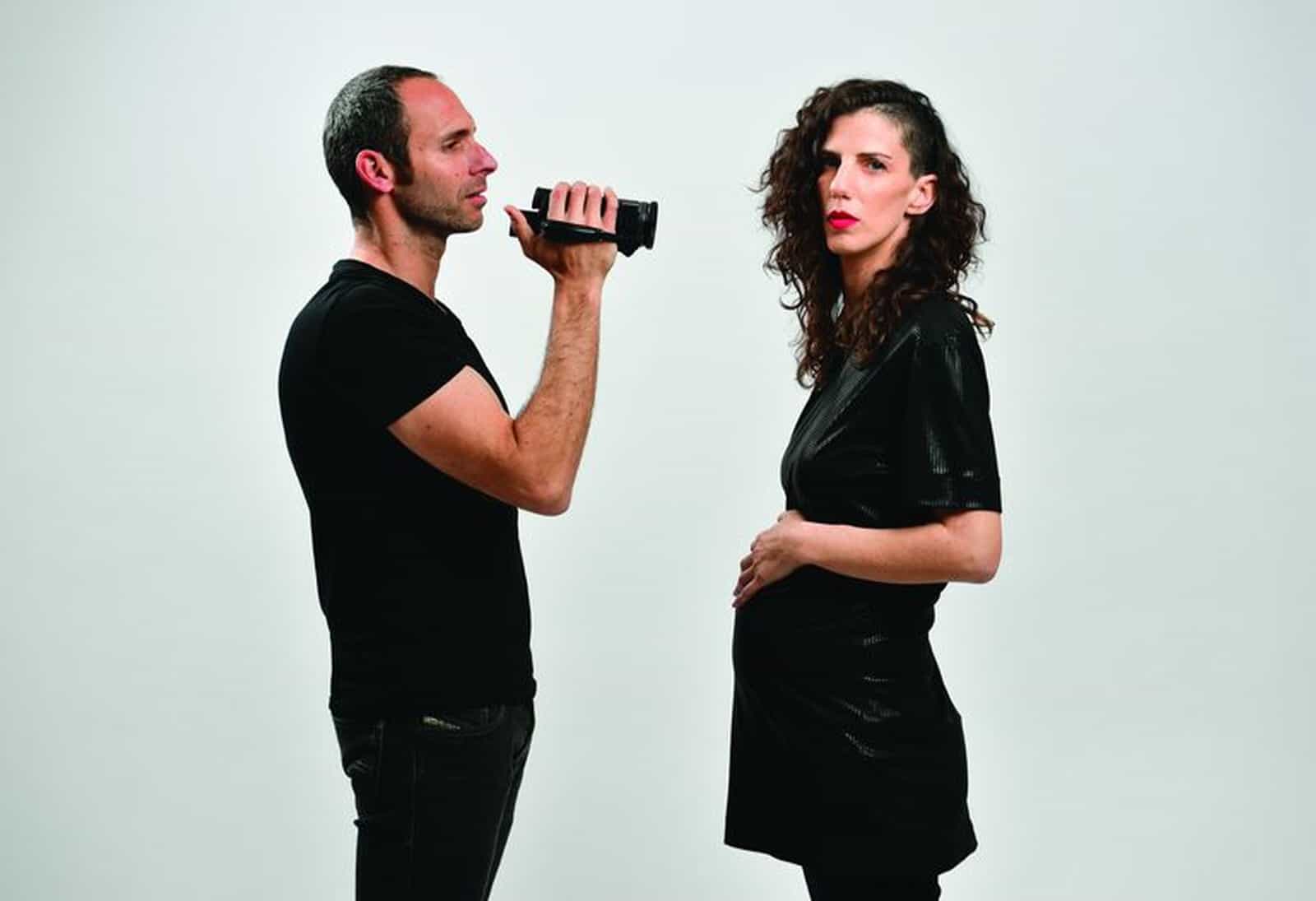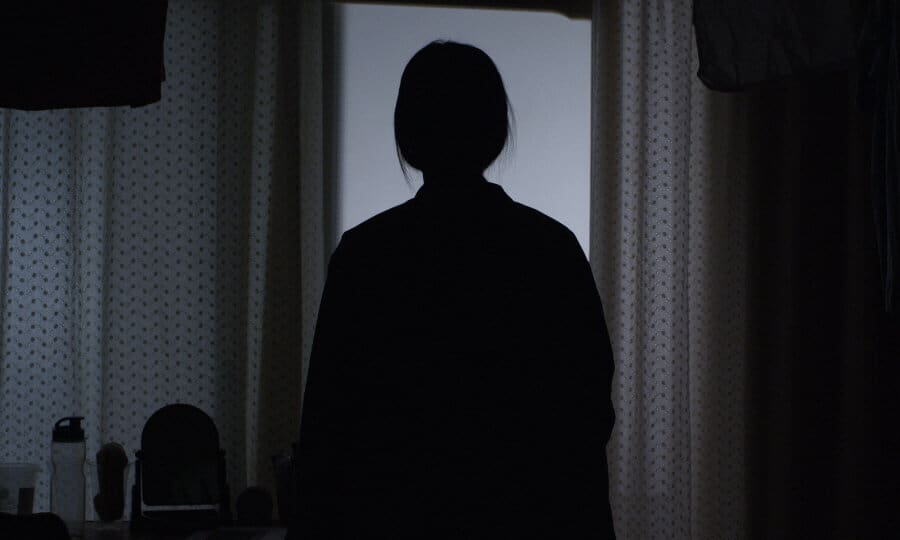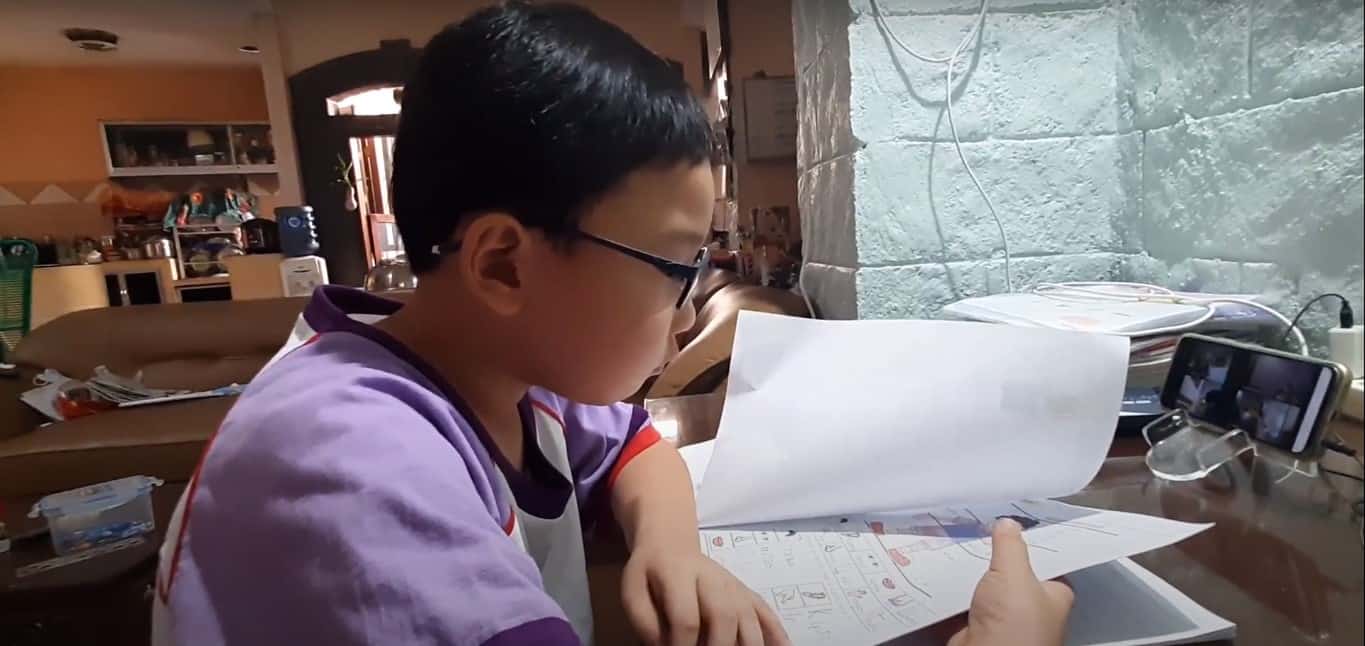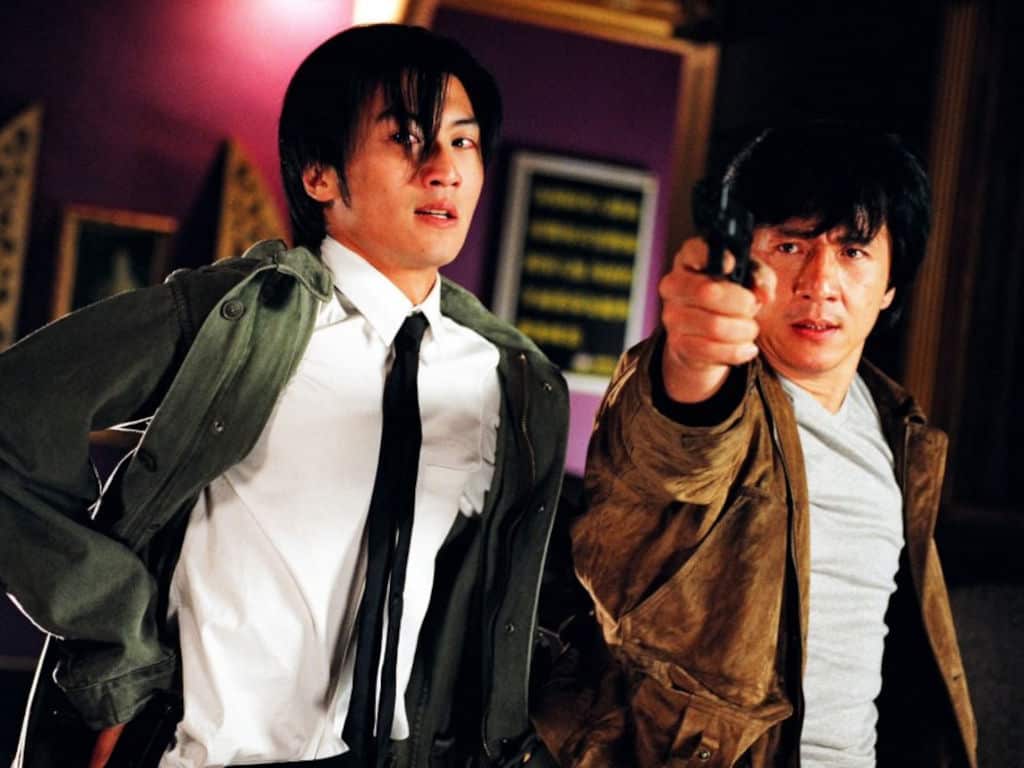Films about the blights of capital punishment have seen the day of light aplenty, as much as the presentation of the harshness of the lives of women in settings such as the Iranian. In their third collaboration, Behtash Sanaeeha and Maryam Moghaddam pen and direct a film that combines the two concepts, with the latter also holding the role of the protagonist.
Ballad of White Cow is screening at the 62nd Thessaloniki International Film Festival
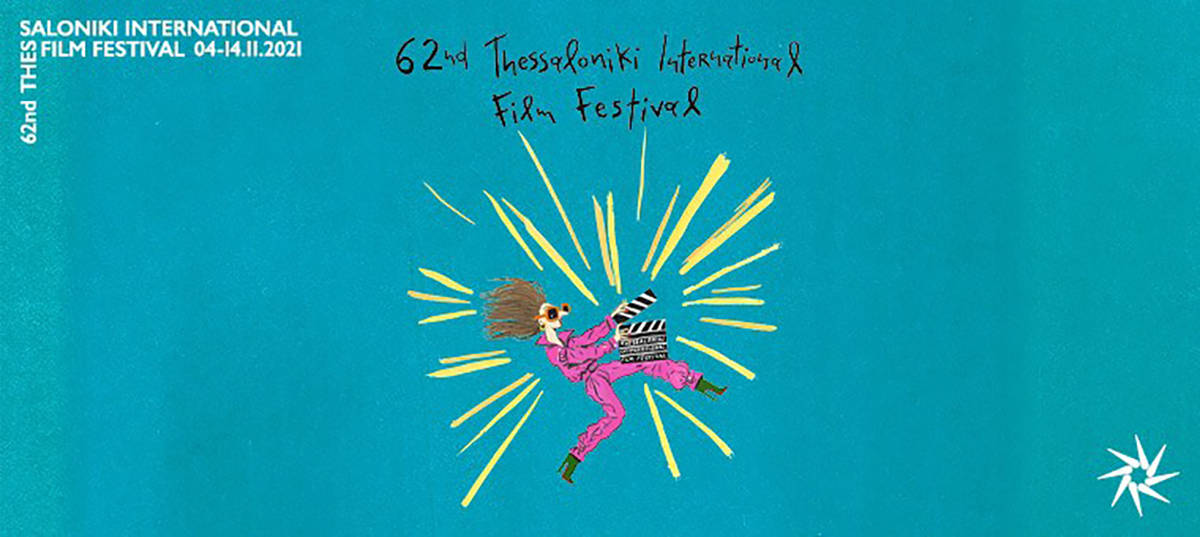
Mina's life is in shambles, as her husband has been sentenced to death for murder, leaving her to raise their mute daughter on her own, in a society that despises watching women being single. As her financial issues pile up, so does the pressure from her father-in-law, who insists on all of them leaving together, using the deceased's brother as the rather bothersome messenger. Mina's life, however, gets completely upside down, when she learns that her husband is innocent of the crime he was executed for, with the authorities apologizing for the mistake and offering the prospect of financial compensation. Just as her money is running out, a stranger named Reza knocks at her door, saying he has come to repay a debt he owed to Babak. Mina is guarded at first, but increasingly lets Reza into her life, particularly when she helps her move, since no one will rent to an unmarried woman in Tehran. Babak, however, holds a secret that poisons him slowly but steadily.

Behtash Sanaeeha and Maryam Moghaddam present a multi-leveled narrative that takes the capital punishment as its base in order to comment, additionally, to concepts like the place of women in Iranian society and particularly the prejudice revolving around husbandless women, grief, regret and atonement, and eventually, revenge.
The presentation of all the aforementioned is quite realistic, with the filmmaker's duo not resorting to any kind of forced sentimentalism, but allowing the story to speak for itself. This aspect benefits the most by both the excellent cinematography of Amin Jafari, who captures the setting in a way that is equally realistic and artfully indicative of the psychological status of the two protagonists, and the rather measured acting of Maryam Moghaddam as Mina and Alireza Sanifar as Reza. The same applies to Ata Mehrad and Sanaeeha's own editing, which implements a medium pace that allows the comments to be presented adequately and the characters to be analyzed thoroughly.
And while there are no particular faults in any of the film's aspect, there seem to be some issues with the production as a whole. That both protagonists have intense troubles with their children seems a bit too far, since the main story was already dramatic enough, with Reza's story line in particular, appearing quite excessive. The finale, although rather shocking, seems somewhat disconnected from the rest of the film, while Moghaddam's rendition of Mina, at times seems too detached, more like someone who is observing what is happening then someone who really feels the impact of the events. Furthermore, the almost complete lack of music seems to detract from the impact a number of scenes could have, even though this approach is on par with the permeating realism of the movie. Lastly, the presentation of the judge also seems a bit excessive, although I will leave this part at that, not to reveal more about the movie.
There is nothing significantly wrong with “Ballad of White Cow”, and the movie is actually well-shot and interesting to watch. At the same time, however, it lacks the impact such a story could have and in the end, emerges as something unoriginal that will be forgotten soon after being watched.



